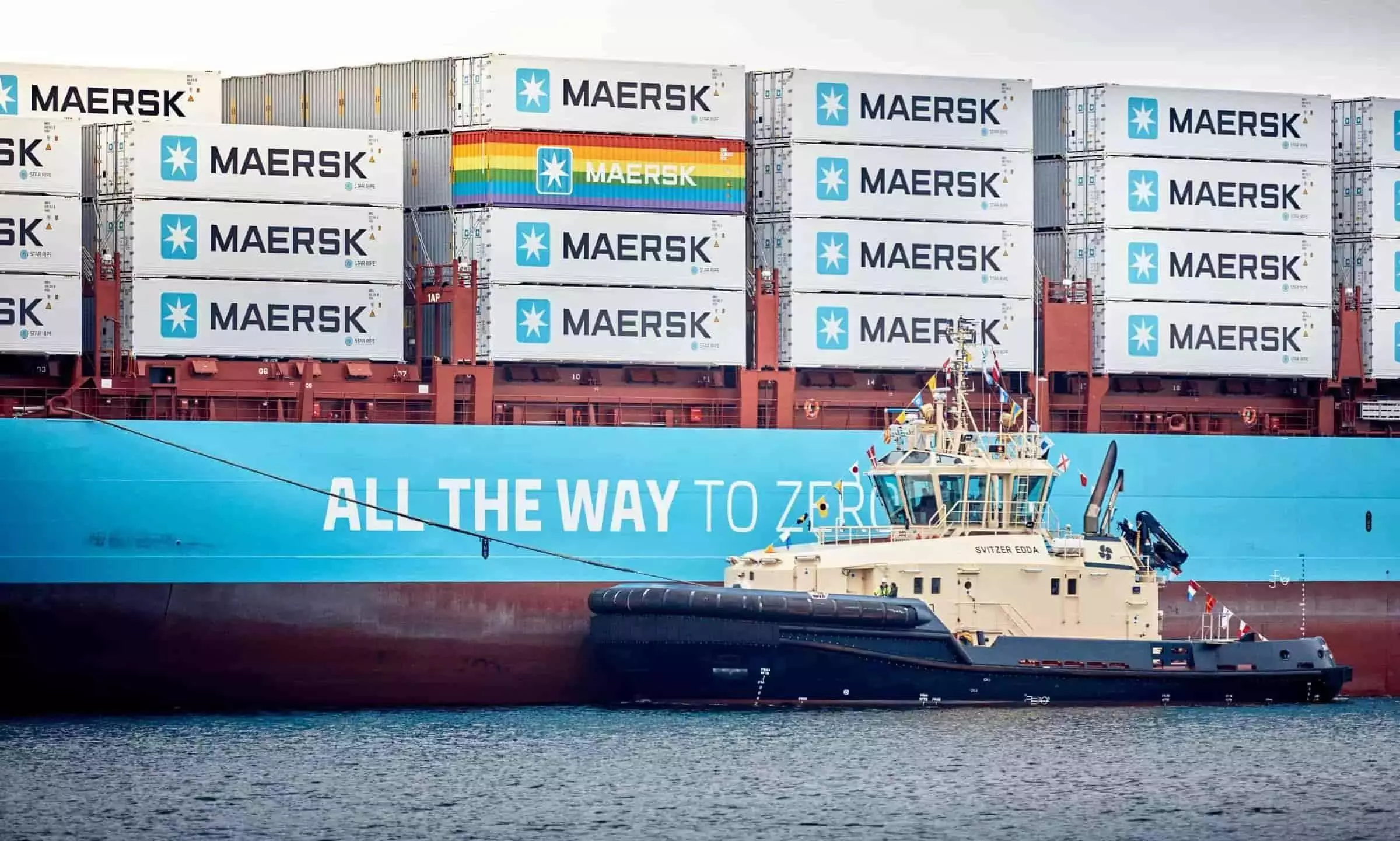No quid pro quo from shippers during market turns: Sea-Intelligence
Maersk had a potential loss in revenue of $15.7 billion during 2020-2023, ZIM gained over $4 billion

Maersk had a potential loss in revenue of $15.7 billion during 2020-2023 for not following the market trends. (Figure 2)
"At the other end of the spectrum, ZIM gained revenue of $4.2 billion by increasing rates faster and higher than the market," says the latest update from Sea-Intelligence.
Alan Murphy, CEO, Sea-Intelligence says: "One of the key challenges in container shipping is the lack of shipper/carrier contract enforceability. With freight rates increasing sharply, as they have been recently, there are calls for carriers to stick to contracts and moderate their pursuit of revenue. Such calls would implicitly assume that shippers would reciprocate when the market eventually goes down.
"So, is it correct that if a carrier is less aggressive in terms of rate increases when the market goes up, then the customers will also be more loyal when the market goes down?"
The blue line (in figure 1) shows the market average freight rate based on the global rate index from Container Trade Statistics, while the orange line is Maersk’s average freight rate, the update added. "Both are calculated on a quarterly index basis with the average freight rate in Q42019 set as 100. We can see that Maersk raised their global average rate level significantly slower than the market during the pandemic. However, when the rate levels began declining, Maersk saw a decline fully matching the market decline, which means that in this case, there was no quid pro quo from the shippers."
There is clearly an asymmetry in loyalty, adds Murphy. "Carriers who raise their rates at a slower pace are not rewarded similarly when the market turns negative. From a carrier perspective, it is better to increase rates as fast as possible, rather than to hope for shipper loyalty when the market turns."



